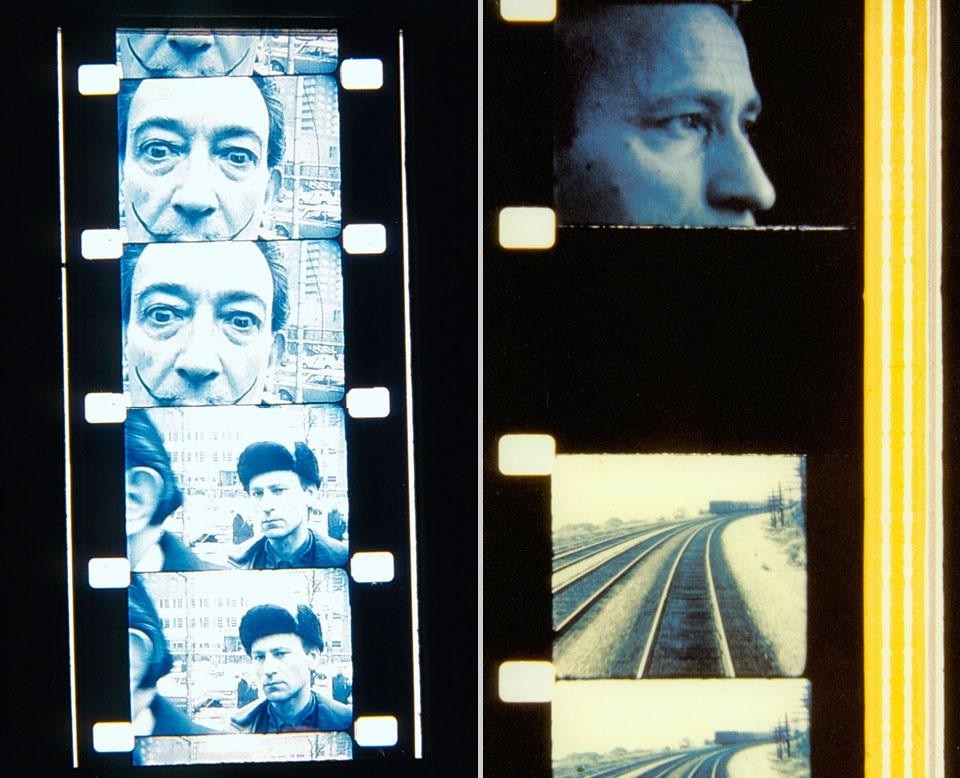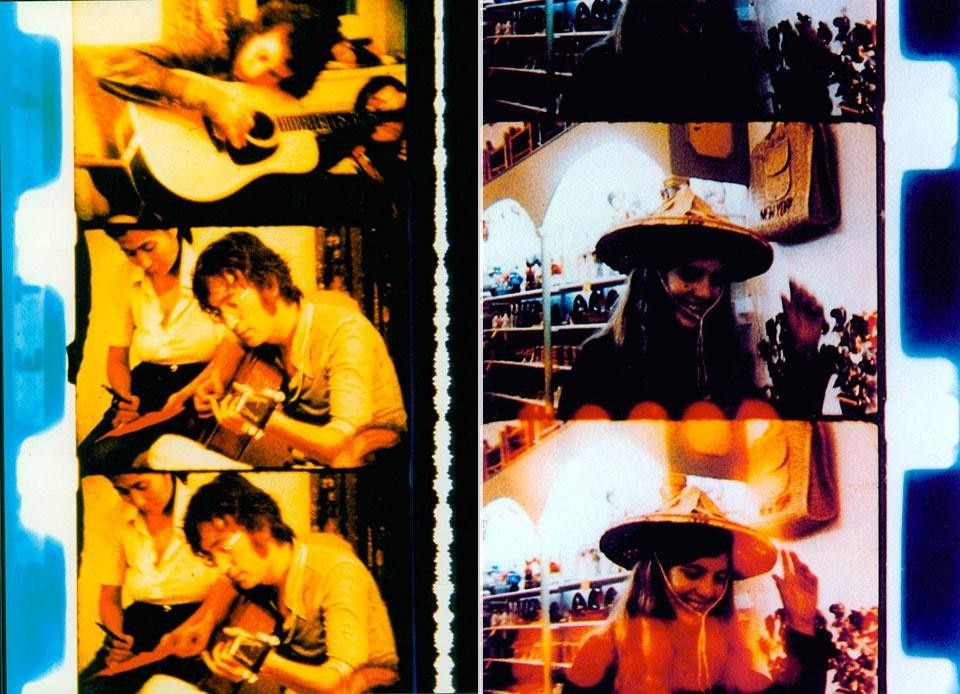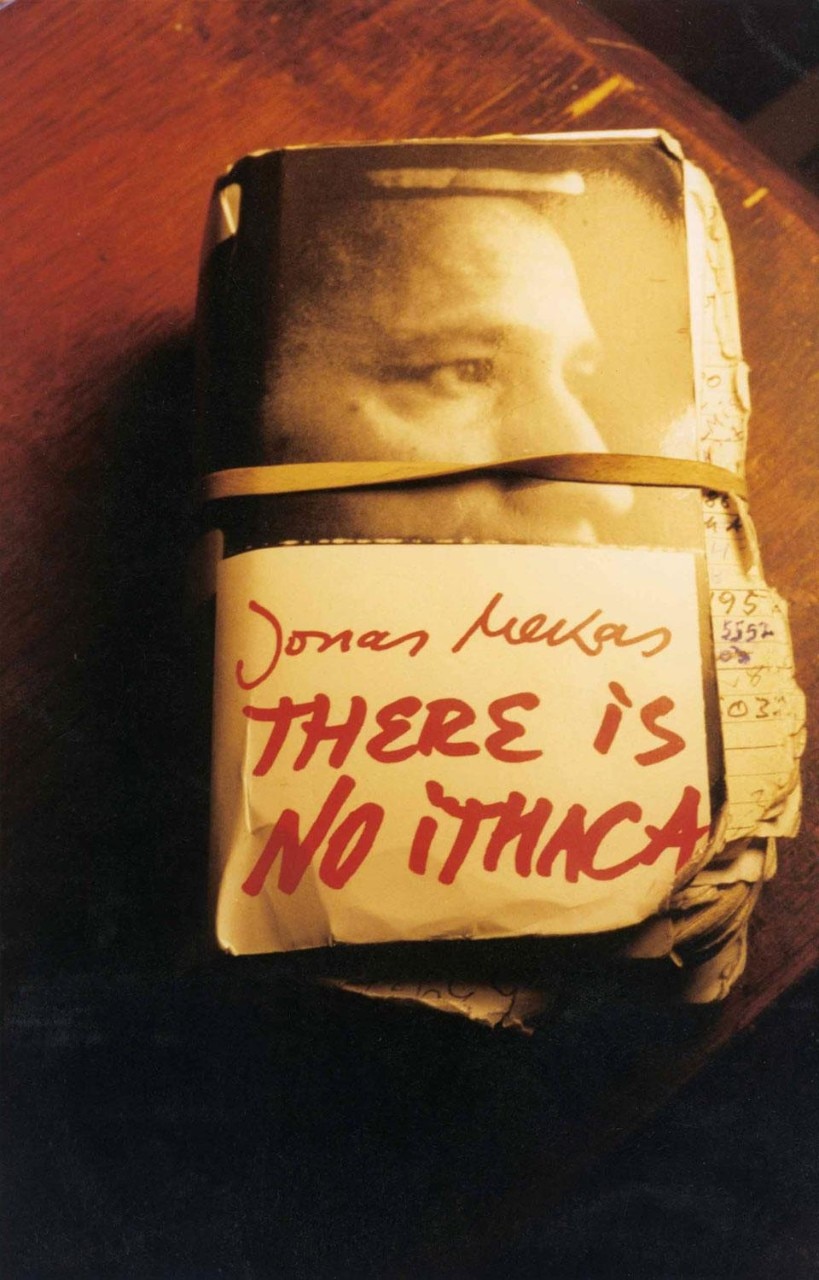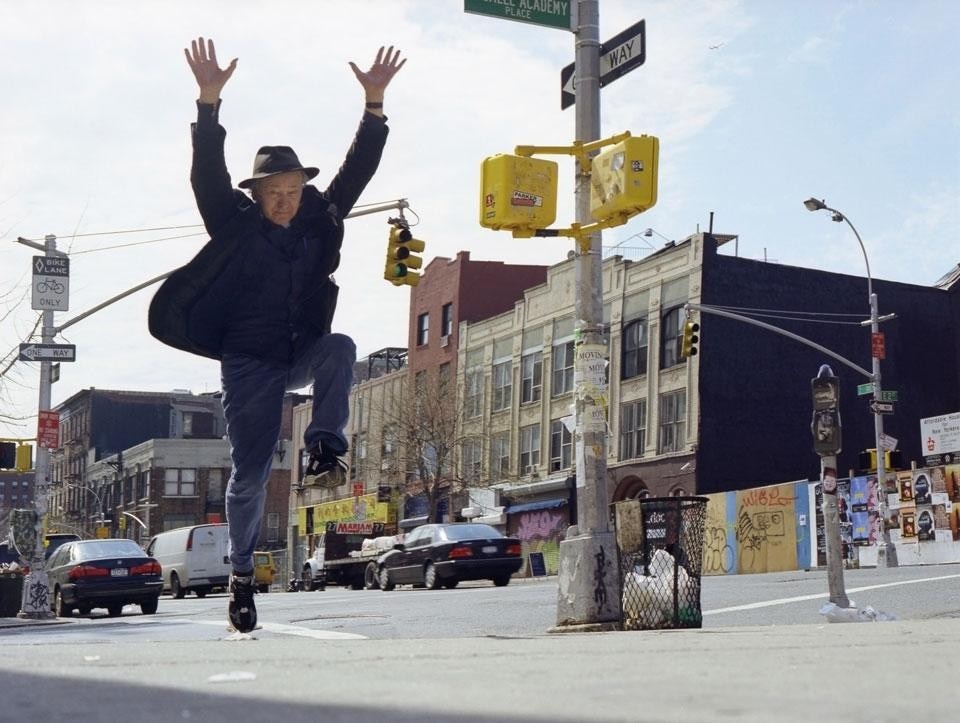In Paris, Agnès B opens the doors of the Galerie du Jour for Mekas, presenting the emotional years of his arrival in New York after the war; and in London, Hans Ulrich Obrist presents a world preview of the film Outtakes From the Life of a Happy Man (a pivotal work in the history of cinema), handing over the keys to the entire Serpentine Gallery to this irrepressible prodigal child, transforming it into the editing suite of one of the most interesting living visual artists.
Who can challenge the cultural agitator of the Beat Generation, friend of Robert Frank, accomplice to Yoko Ono, one of the most extraordinary portraitists of Andy Warhol, an absolute legitimacy in the field of exhibitions? Mekas, the great cultivator such as errant figures such as Ryokan, migrates — O winters! —, takes his films into a gallery and confirms once more their unprecedented freshness. He doesn't allow himself to be intimidated by classification and fills the spaces of this prestigious London institution with a series of video installations and film stills.
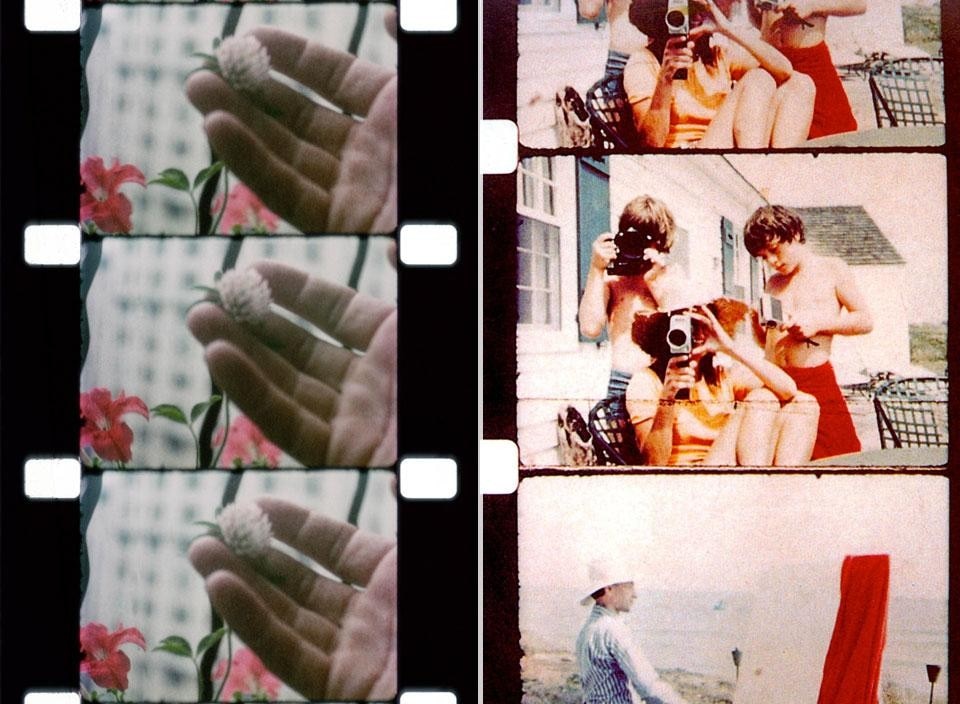
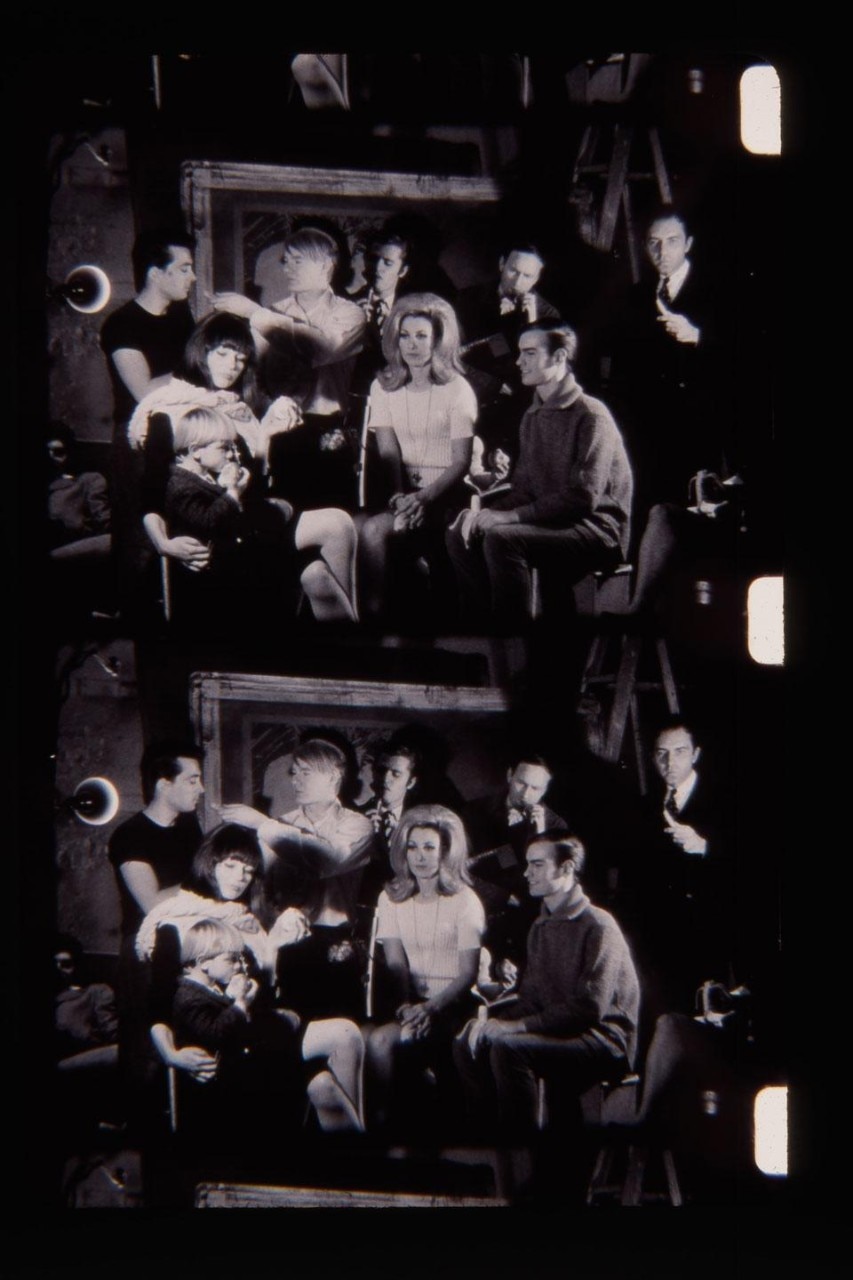
One might say that the freedom of being human cannot be understood if one has not seen at least one of Mekas's films during one's life. Every detail of our days is enriched with incomparable beauty when one enters into the magical world of this artist
